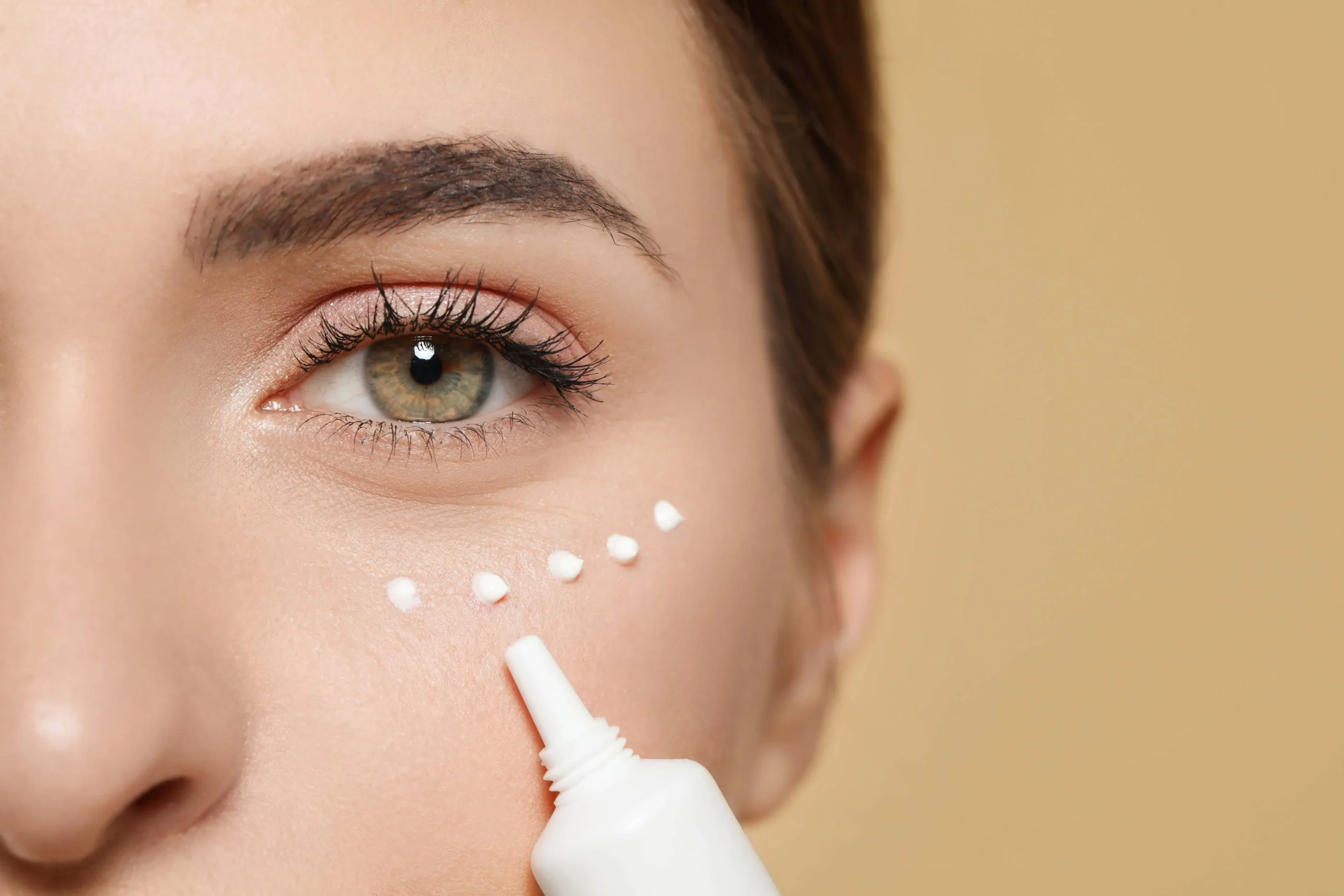Understanding Collagen: The Key to Youthful, Radiant Skin
Collagen is more than just a buzzword in the world of skincare; it’s a fundamental protein that
plays a crucial role in maintaining the structure and function of your skin. Understanding what
collagen is, why it’s vital for skin health, and how it impacts your skincare routine can help you
make more informed decisions about your products and treatments. In this detailed blog post,
we will delve into the science of collagen, its importance in skincare, and practical ways to
support its health.
1. What is Collagen?
A. Definition and Structure: Collagen is a structural protein found abundantly in the human
body. It constitutes a significant portion of the skin, as well as connective tissues such as
tendons, ligaments, and cartilage. Collagen provides strength and elasticity, helping to maintain
the skin’s firmness and suppleness.
B. Types of Collagen: There are several types of collagen, but the most relevant to skincare
are:
● Type I Collagen: The most abundant form, found in the skin, tendons, and bones. It
provides tensile strength and structure.
● Type II Collagen: Predominantly found in cartilage, providing elasticity and support.
● Type III Collagen: Often found alongside Type I in the skin, it helps with the skin’s
structural integrity and elasticity.
C. Collagen Production: Collagen is generated by cells known as fibroblasts. These cells
synthesize collagen fibers from amino acids, primarily proline, glycine, and lysine. The
production of collagen is a complex process that involves various factors, including vitamin C,
which is crucial for collagen synthesis.
2. Why is Collagen Important in Skincare?
A. Skin Structure and Firmness: Collagen provides structural support to the skin. It forms a
network of fibers that gives the skin its strength, firmness, and elasticity. As we age, collagen
production naturally decreases, leading to a loss of skin firmness and the formation of wrinkles
and sagging.
B. Elasticity and Hydration: In addition to firmness, collagen contributes to the skin’s elasticity.
This elasticity allows the skin to stretch and return to its original shape. Collagen also helps
retain moisture within the skin, which is essential for maintaining a hydrated and plump
appearance.
C. Wound Healing: Collagen plays a vital role in wound healing. When the skin is injured,
collagen production increases to repair the damaged tissue and restore the skin’s integrity.
Adequate collagen levels support efficient healing and reduce the likelihood of scarring.
D. Prevention of Premature Aging: Maintaining healthy collagen levels helps prevent
premature aging. Collagen helps counteract the effects of environmental stressors, such as UV
radiation and pollution, which can accelerate collagen breakdown and lead to visible signs of
aging.
3. How Collagen Degrades and How to Support It
A. Natural Aging: Collagen production naturally declines with age. This reduction begins in the
mid-20s and accelerates as we get older, leading to visible signs of aging, such as wrinkles and
loss of skin elasticity.
B. Environmental Factors
● Sun Exposure: UV radiation accelerates collagen breakdown by promoting the activity
of collagenase enzymes that degrade collagen fibers.
● Pollution: Exposure to environmental pollutants can lead to oxidative stress, which
damages collagen and contributes to skin aging.
C. Lifestyle Factors
● Smoking: Smoking decreases collagen production and accelerates its degradation,
leading to premature aging and wrinkles.
● Poor Diet: A diet lacking in essential nutrients, particularly those vital for collagen
synthesis (like vitamin C, amino acids, and antioxidants), can negatively impact collagen
production.
4. Supporting Collagen Health
A. Topical Skincare Products
1. Vitamin C: Topical vitamin C is known for its role in collagen synthesis. It helps stabilize
collagen and protects it from oxidative damage.
2. Retinoids: Retinoids, such as retinol, promote collagen production and improve skin
texture by accelerating cell turnover.
3. Peptides: Peptides like copper peptides and hydrolyzed collagen stimulate collagen
production and repair of the skin.
B. Dietary Sources
1. Collagen Supplements: Hydrolyzed collagen supplements are believed to improve skin
elasticity and reduce wrinkles by providing the body with the necessary amino acids.
2. Protein-rich foods: Consuming protein-rich foods, such as lean meats, eggs, and
legumes, provides the amino acids needed for collagen production.
3. Vitamin C-rich foods: Include fruits and vegetables high in vitamin C, such as
oranges, strawberries, and bell peppers, to support collagen synthesis.
C. Lifestyle Adjustments
1. Sun Protection: Use broad-spectrum sunscreen to protect the skin from UV damage
and prevent collagen breakdown.
2. Hydration: Maintain adequate hydration by drinking plenty of water and using
moisturizers that support skin hydration.
3. Healthy Habits: Avoid smoking, limit alcohol consumption, and maintain a balanced diet
rich in nutrients that support skin health.
5. Conclusion
Collagen is a vital protein that plays a fundamental role in maintaining the skin’s structure,
firmness, and elasticity. Understanding the importance of collagen and how it impacts your skin
can guide you in choosing effective skincare products and adopting healthy lifestyle practices.
By supporting collagen production through topical treatments, a balanced diet, and protective
measures, you can help preserve your skin’s youthful appearance and overall health. Taking
proactive steps to maintain and enhance collagen levels will contribute to a more resilient and
radiant complexion for years to come.





